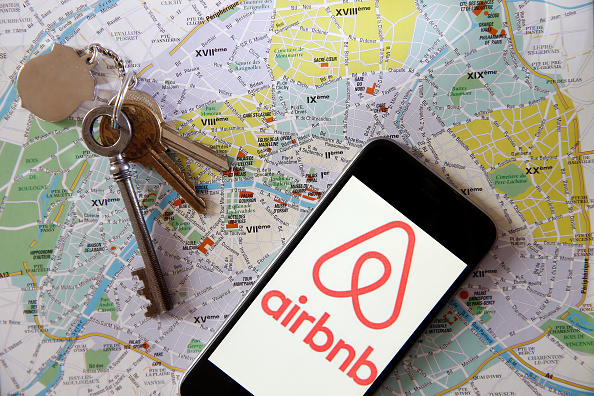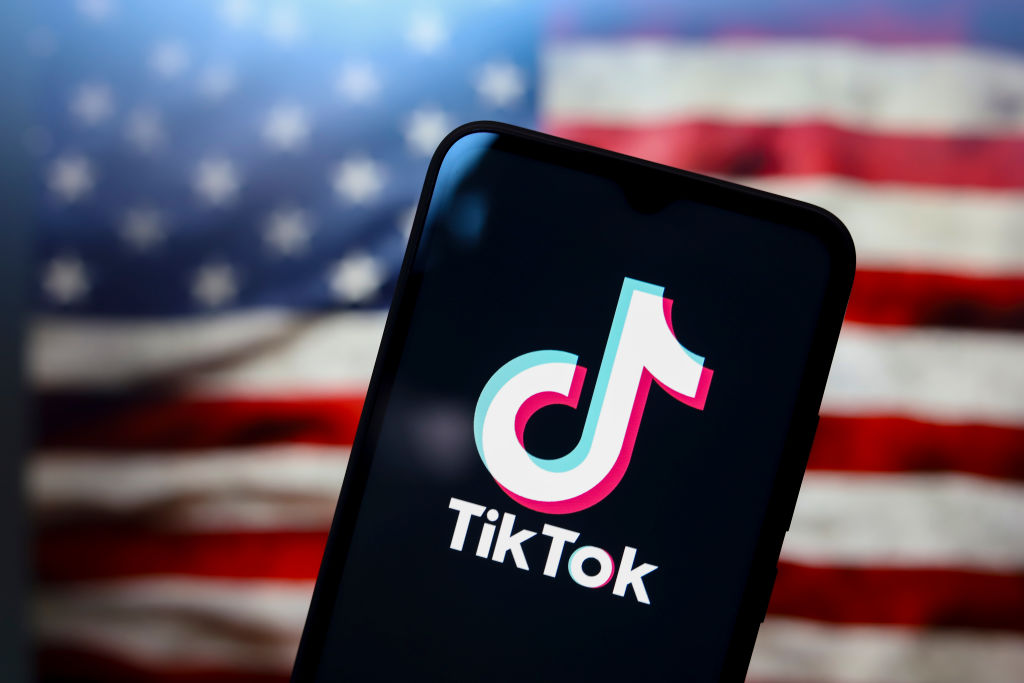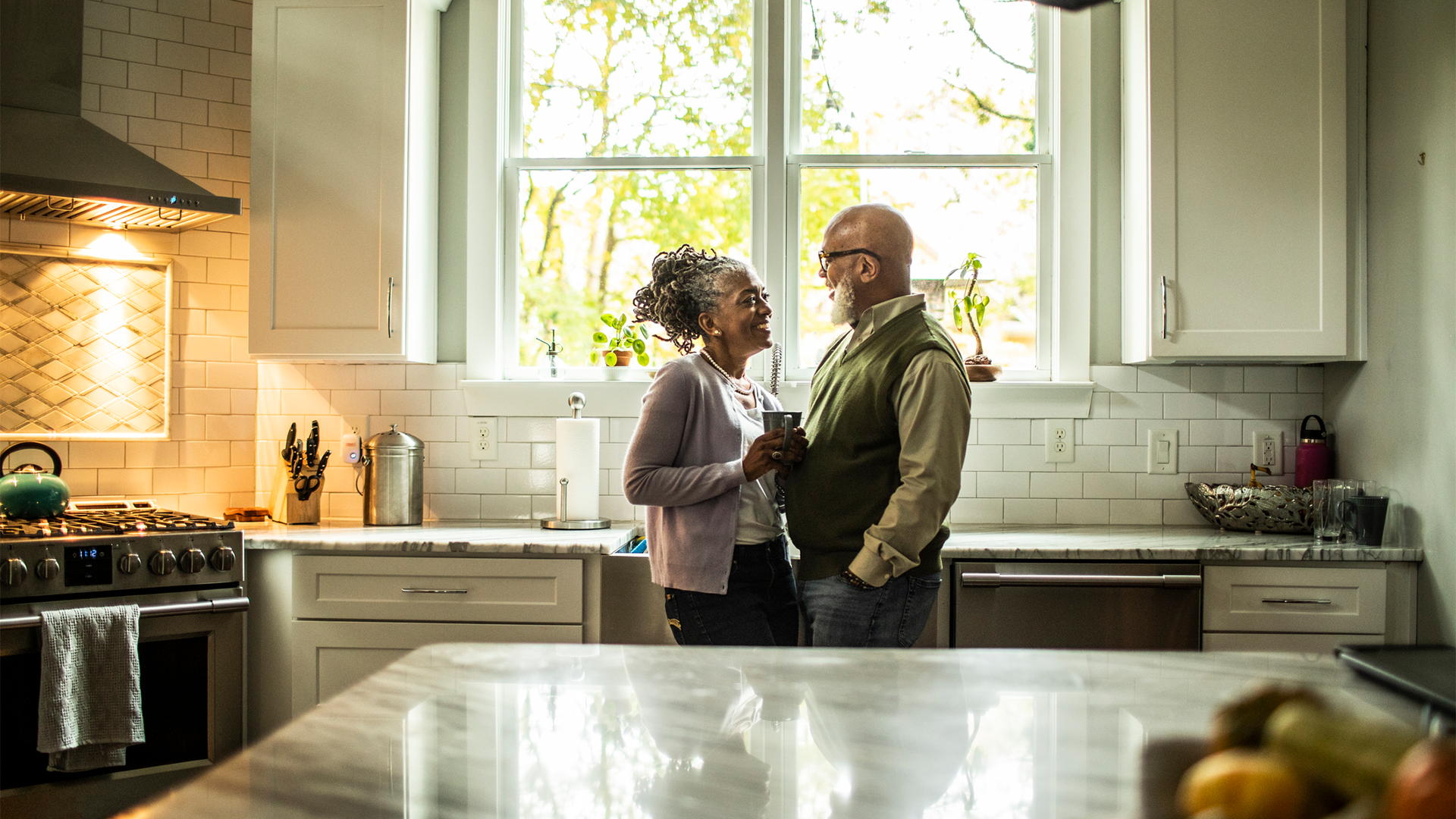Airbnb makes traveling easier and cheap, but the company is also having a significant impact on America’s housing crisis.
Recently, New York City subpoenaed Airbnb for data on roughly 20,000 of the company’s listings to make sure laws regarding short-term rentals aren’t being violated.
During an interview Monday on Inside City Hall, New York City Mayor Bill de Blasio explained the recent subpoena from the Office of Special Enforcement, saying, “If your apartment was rented out every single day, it’s not your apartment anymore. It’s a business.”
New York City’s fight with Airbnb isn’t anything new. In 2016, New York attempted to make it illegal to list entire apartments on the platform — or any similar site — for periods of less than 30 days. According to CNN, the law’s proponents said it targeted those practices because they remove potential rental housing from the market and deny the city tax revenue.
The subpoena comes not too long after a September 2018 report from Comptroller Scott Stringer found NYC’s housing crisis hadn’t improved. Although Mayor de Blasio’s Housing New York initiative aimed to create or preserve 300,000 units of affordable housing by 2026, Stringer reported the housing affordability gap had actually accelerated since 2014.
Airbnb did introduce a “One host, One home” policy in 2016 to stop hosts from listing more than one address, implemented in San Francisco, Portland, and New York City.
A January 2018 report by the McGil University School of Urban Planning still found that, “by reducing housing supply, Airbnb increased NYC’s long-term median rent by 1.4% over the last three years.”
The increase may not seem like much, but Citizens Budget Commission found nearly half of NYC’s residents are already rent burdened. That means people are already paying more than 30 percent of their household income to rent.
Airbnb’s impact on housing crises isn’t unique to New York City. In New Orleans, a report from the Jane Place Neighborhood Sustainability Initiative found short-term rentals are exacerbating the city’s housing crisis. Although Airbnb has tried to argue their users are just regular homeowners, JPNSI said, that’s not true.
“Airbnb pretends they are a home-sharing service, that their users are homeowners who are making ends meet by renting out their homes,” program manager Breonne DeDecker said, according to The New Orleans Advocate, “But our report exposes that lie. What is happening in New Orleans is not home-sharing, but the hotelization of residential housing.”
In addition, some in Los Angeles have pointed out how short-term rentals only serve to speed up tourism gentrification. Los Angeles even moved to begin regulating Airbnbs in December of 2018, banning people from renting out homes that are rent controlled or not their primary residence.
New York City did pass a law in July requiring short-term rental companies to turn over information about hosts and rentals every month, beginning in February, as CNN reported. However, Airbnb and HomeAway won a preliminary injunction so they wouldn’t have to start releasing data on rental listings.
This most recent subpoena clearly stems from New York City’s long-time battle with Airbnb. In response, CNN reported Airbnb’s head of global policy, Chris Lehane, said in a letter to Mayor de Blasio that the company works with governments around the world on data sharing and that it has been “vocal supporters of this very approach in New York City” and offered to collaborate with the city on “weeding out large scale commercial operators who seek to circumvent our policies.”
It seems Airbnb’s recent injunction rubs officials the wrong way, as Mayor de Blasio said, “This goes under the category: If you got nothing to hide why are you not coming forward with the information? If Airbnb believes that all of the people it’s working with are doing things right, then why not be transparent.”
















